What can England learn from Spain's sporting prowess?
Long-term investment in coaching young talent brings Spanish success at Euros and Wimbledon
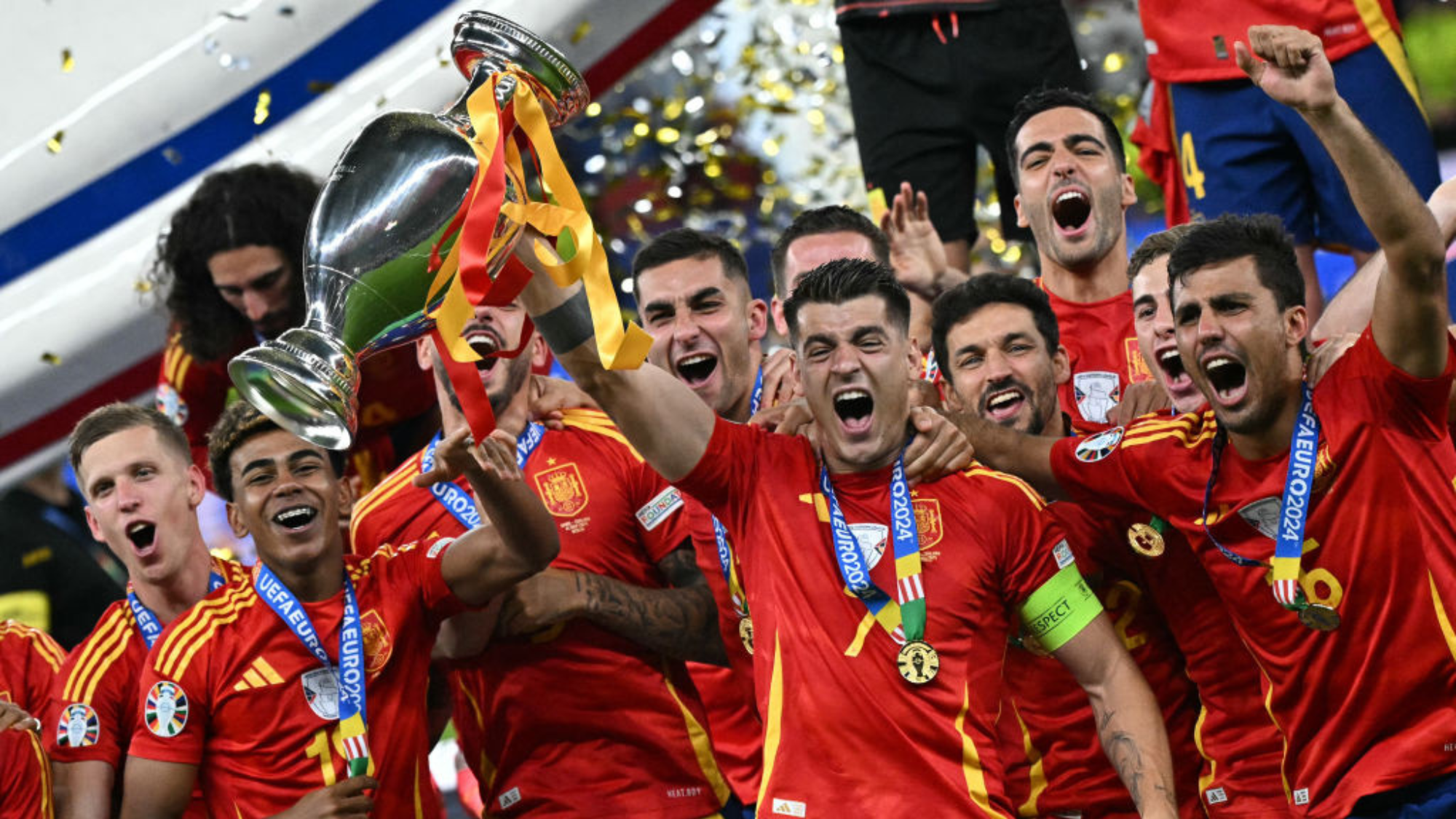
A free daily email with the biggest news stories of the day – and the best features from TheWeek.com
You are now subscribed
Your newsletter sign-up was successful
King Charles has told England's dejected footballers to "hold your heads high" after weeks of hope and excitement ended in tears for the country's fans last night.
In Spain, it's a different story. Just hours before the country's football team defeated England 2-1 in the Euro 2024 final in Berlin, 21-year-old Spaniard Carlos Alcaraz thrashed Novak Djokovic to win his second successive Wimbledon men's singles title.
As tennis's world number three begins his preparations for the Paris Olympics and pundits pick over the details of La Roja's Euros win, it seems there are lessons to be learnt from Spain's sporting stars to help improve England's fortunes on sporting fields.
The Week
Escape your echo chamber. Get the facts behind the news, plus analysis from multiple perspectives.

Sign up for The Week's Free Newsletters
From our morning news briefing to a weekly Good News Newsletter, get the best of The Week delivered directly to your inbox.
From our morning news briefing to a weekly Good News Newsletter, get the best of The Week delivered directly to your inbox.
What did the commentators say?
If you think England goes "bonkers" for football, the Spanish "take it to another level", said Jim White in The Independent.
But for decades the country's reputation on the global football stage was "that of serial bottlers". After "20 years of uselessness" – including an early exit at their own 1982 World Cup, failing to qualify for Euro 1992, and being knocked out of the 2002 World Cup by South Korea – it was agreed that "something had to change".
Now it has, thanks to decades of investment in the sport. In the 1990s, the Spanish Football Association was "the most far-sighted, revolutionary body in world football". A nationwide grassroots "revolution" quickly got under way, "with the ultimate intention of beefing up the national team". Coaching was "everything" – with three times as many coaches employed by the Spanish FA than there were in England. "Technical development" became the top priority.
A similar approach played out on the tennis courts, too. Spain started seriously investing in tennis in the 1970s, Antonio Cascales, founder of the Ferrero Tennis Academy, told NPR's "All Things Considered" podcast. As more than a thousand tennis clubs popped up across the country, all with clay courts, Spanish players learnt to adapt to the slower pace of play. "Longer points" meant players had to "learn how to work hard and play consistently".
A free daily email with the biggest news stories of the day – and the best features from TheWeek.com
When Alcaraz first achieved Wimbledon stardom by beating Djokovic in last year's final, it "felt like David defeating Goliath", said co-host Ailsa Chang at the time, but his "meteoric rise to the top should not be all that unexpected", said her co-host Adrian Florido. Chris Lewit, author of "The Secrets of Spanish Tennis", said it is "the mentality, the energy, the willingness to chase every ball and fight" that sets Spanish tennis players apart. "They never tire, and they're going to fight you all the way to the end."
It's a similar mindset that drives the country's football stars, too. While "ball-hungry" Spanish players have been told that winning is "all to do" with possession, England has "had an oafish insistence of 'chucking it in the mixer'" and encouraging defenders to "'get rid'" as soon as they had the ball, said The Independent's White.
As Spain's next generation of world-class players – like Lamine Yamal – have risen through the ranks, the success of the country's coaching approach has been borne out on the pitch. The 2006 World Cup was "the real turning point" – and "from there, there was no turning back." A "golden generation" started "delivering silverware", with last night's record-breaking fourth Euros title the newest addition to the country's packed trophy cabinet.
What next?
Of last night's defeat, former England captain Bryan Robson wrote in the Daily Mail that Gareth Southgate's team should have "no shame in losing to such a superb" side. Spain were simply on "another level in speed of thought as well as movement".
It seems the UK's new prime minister intends to learn a few lessons from the winning team's playbook. The government wants to break down "the barriers of opportunity which stop the new generation of footballers from taking to the field", said Keir Starmer.
Speaking to Times Radio, Culture Minister Lisa Nandy has promised to continue funding for grassroots sports organisations in local communities. It's thought the government's plan will also prioritise improved access to sports for school children, said The Telegraph. The government is also backing the FA's plans to double the number of "gold-standard community clubs" by Euro 2028.
Julia O'Driscoll is the engagement editor. She covers UK and world news, as well as writing lifestyle and travel features. She regularly appears on “The Week Unwrapped” podcast, and hosted The Week's short-form documentary podcast, “The Overview”. Julia was previously the content and social media editor at sustainability consultancy Eco-Age, where she interviewed prominent voices in sustainable fashion and climate movements. She has a master's in liberal arts from Bristol University, and spent a year studying at Charles University in Prague.
-
 What are the best investments for beginners?
What are the best investments for beginners?The Explainer Stocks and ETFs and bonds, oh my
-
 What to know before filing your own taxes for the first time
What to know before filing your own taxes for the first timethe explainer Tackle this financial milestone with confidence
-
 The biggest box office flops of the 21st century
The biggest box office flops of the 21st centuryin depth Unnecessary remakes and turgid, expensive CGI-fests highlight this list of these most notorious box-office losers
-
 Indiana beats Miami for college football title
Indiana beats Miami for college football titleSpeed Read The victory completed Indiana’s unbeaten season
-
 Who is to blame for Maccabi Tel Aviv fan-ban blunder?
Who is to blame for Maccabi Tel Aviv fan-ban blunder?Today’s Big Question MPs call for resignation of West Midlands Police chief constable over ‘dodgy’ justification of ban from Aston Villa match, but role of Birmingham Safety Advisory Group also under scrutiny
-
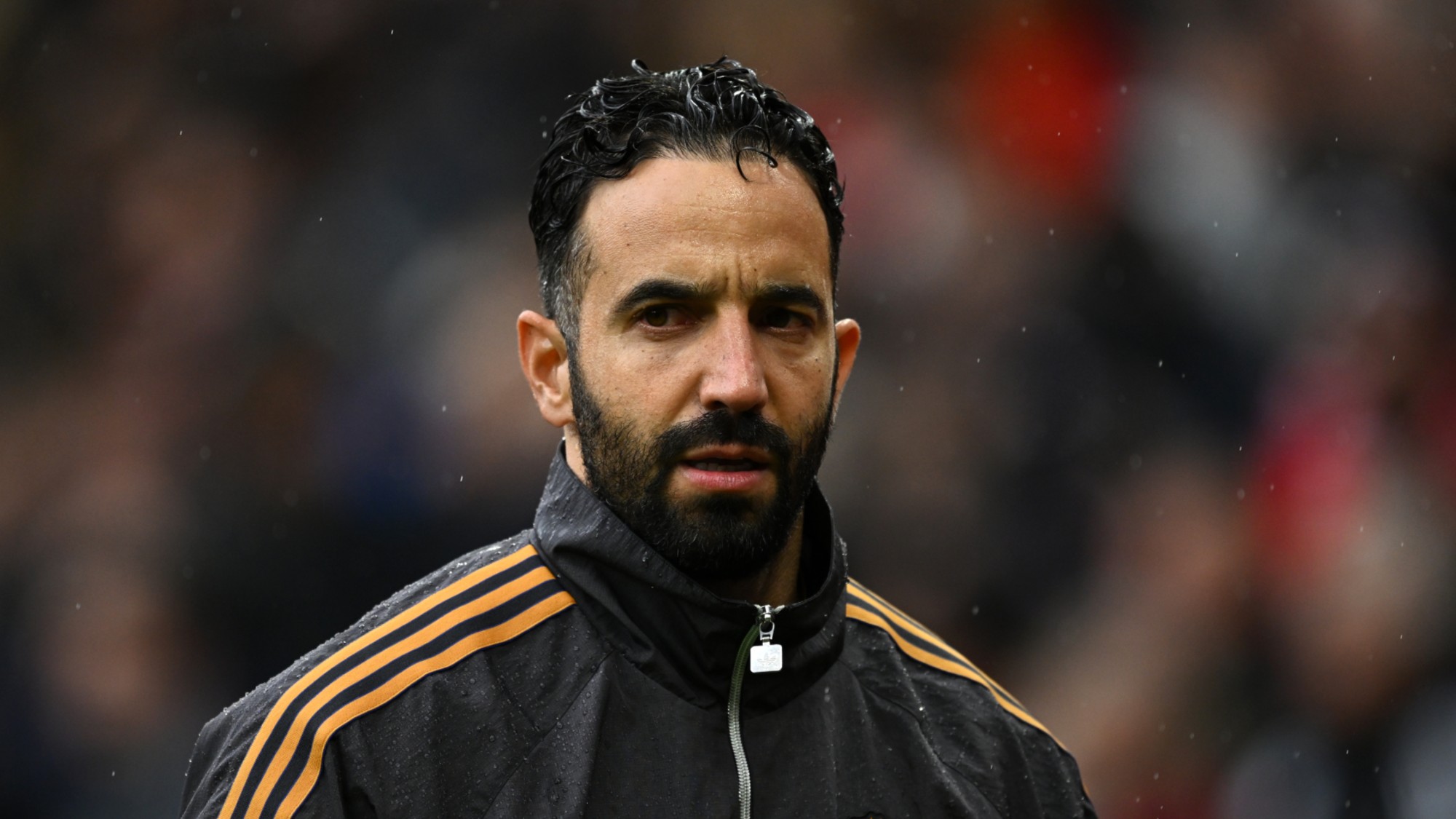 Amorim follows Maresca out of Premier League after ‘awful’ season
Amorim follows Maresca out of Premier League after ‘awful’ seasonIn the Spotlight Manchester United head coach sacked after dismal results and outburst against leadership, echoing comments by Chelsea boss when he quit last week
-
 Is tanking ruining sports?
Is tanking ruining sports?Today's Big Question The NBA and the NFL want teams to compete to win. What happens if they decide not to?
-
 Coaches’ salary buyouts are generating questions for colleges
Coaches’ salary buyouts are generating questions for collegesUnder the Radar ‘The math doesn’t seem to math,’ one expert said
-
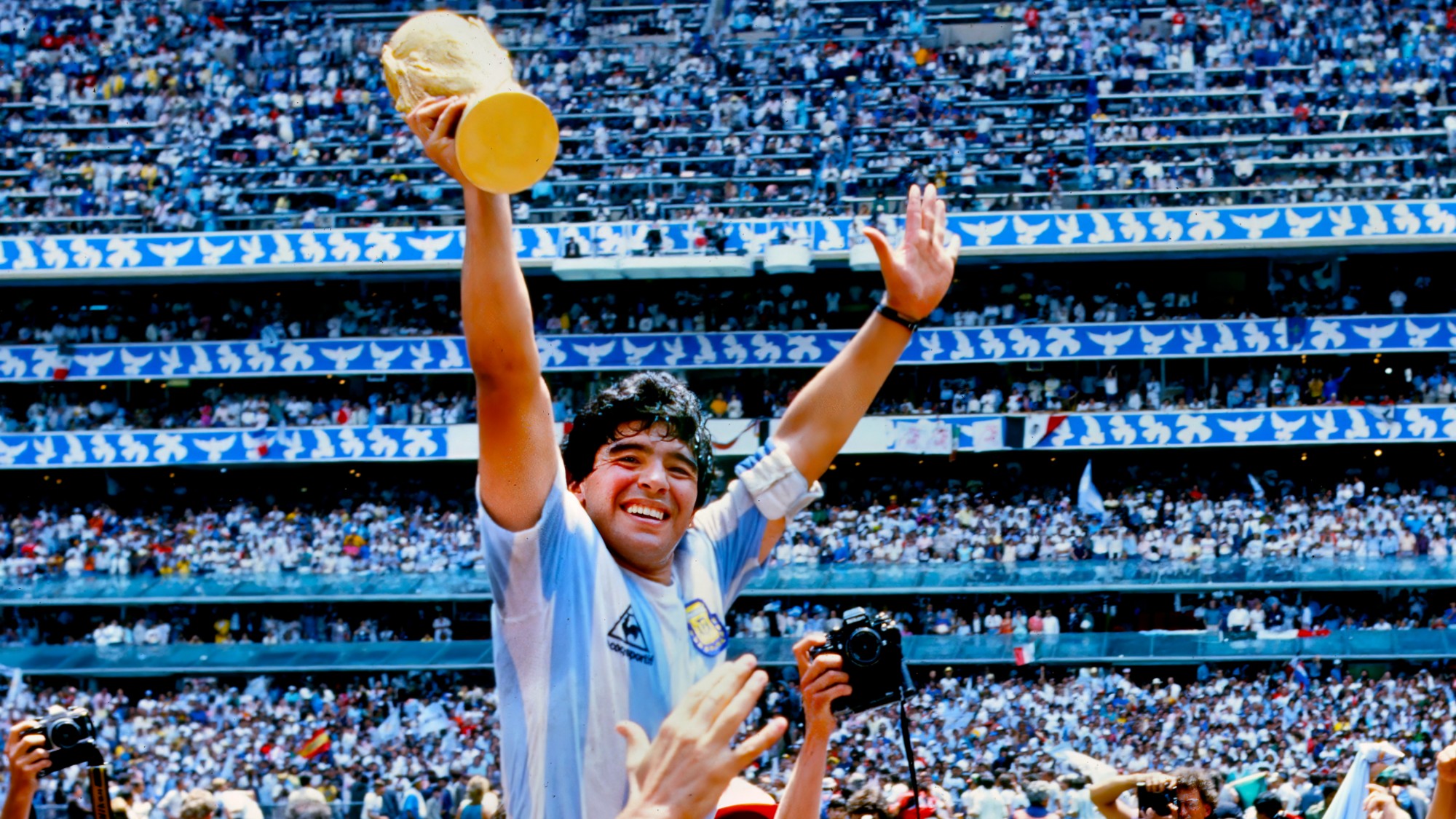 Five years after his death, Diego Maradona’s family demand justice
Five years after his death, Diego Maradona’s family demand justiceIn the Spotlight Argentine football legend’s medical team accused of negligent homicide and will stand trial – again – next year
-
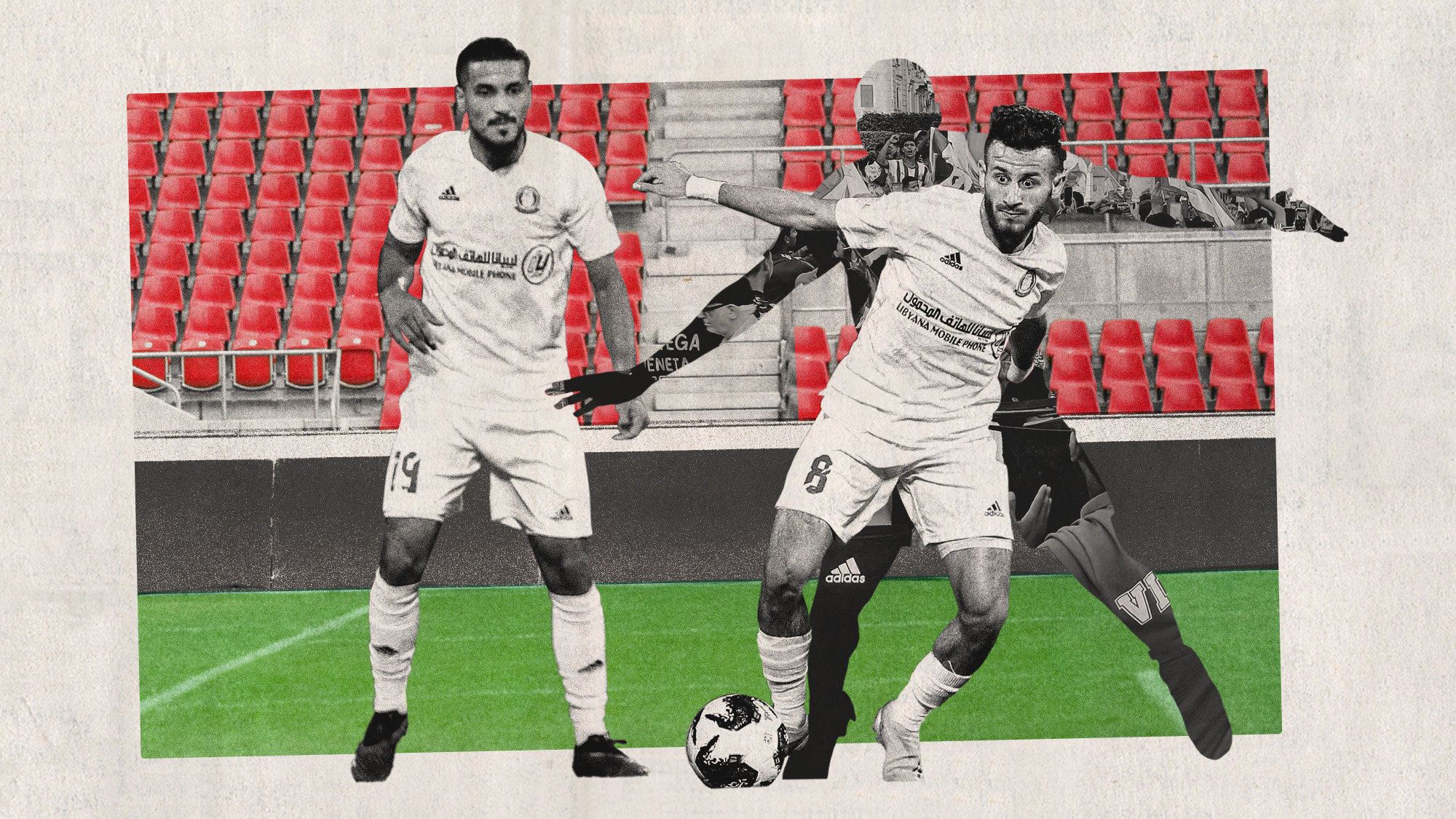 Libya's 'curious' football cup, played in Italy to empty stadiums
Libya's 'curious' football cup, played in Italy to empty stadiumsUnder The Radar 'Curious collaboration' saw Al-Ahli Tripoli crowned league champions in Milan before a handful of spectators
-
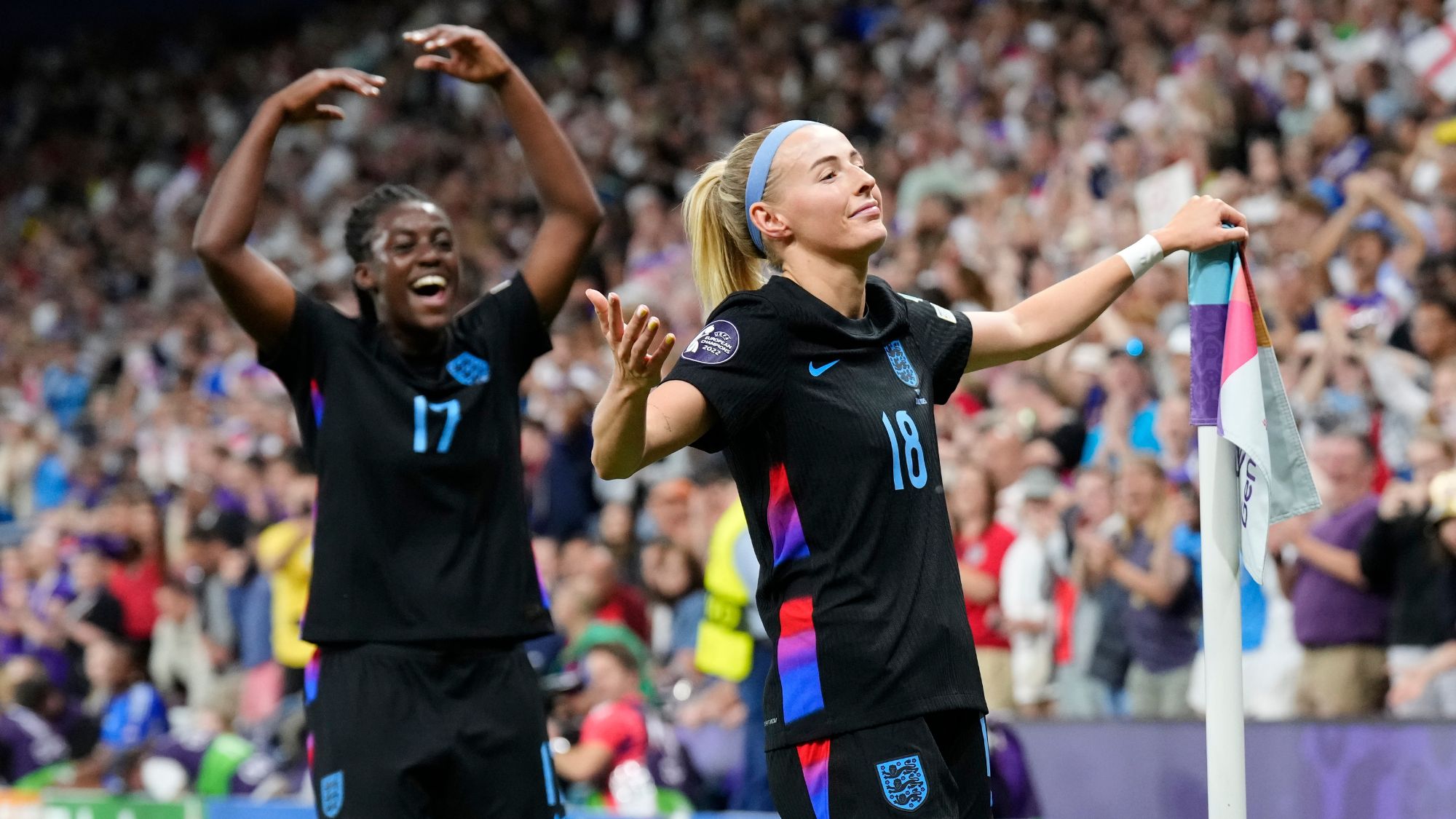 Crisis? What crisis? How Lionesses made the Euros final against the odds
Crisis? What crisis? How Lionesses made the Euros final against the oddsAmid injuries and questions about form, England's women are one step away from glory